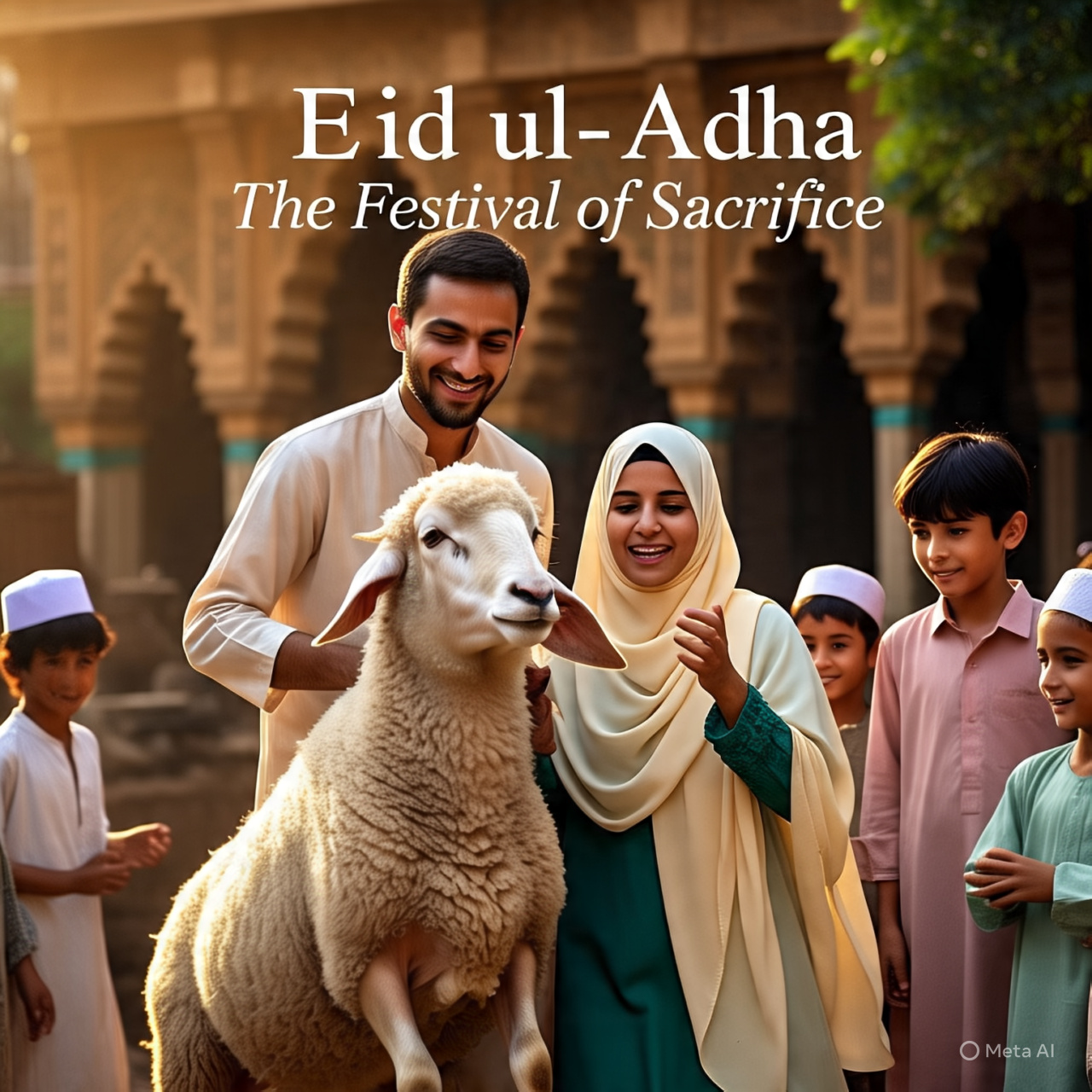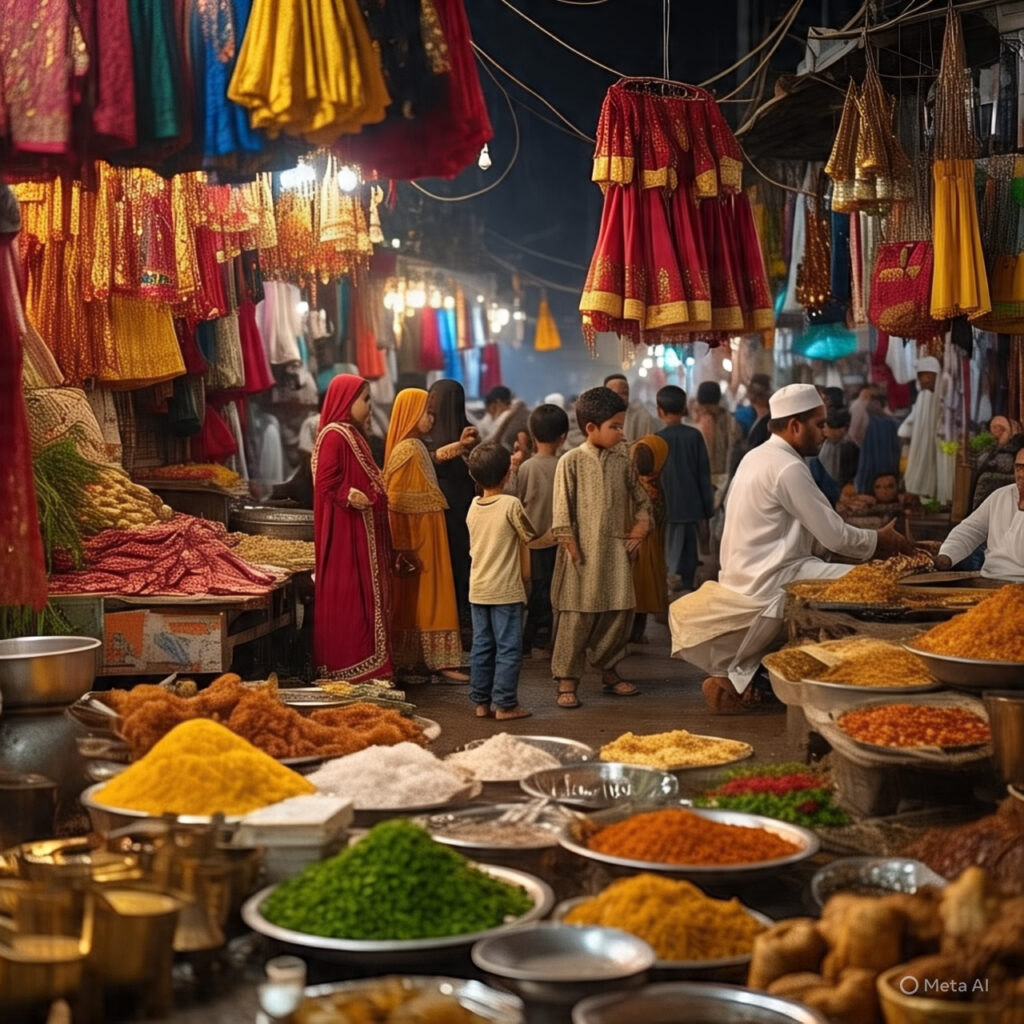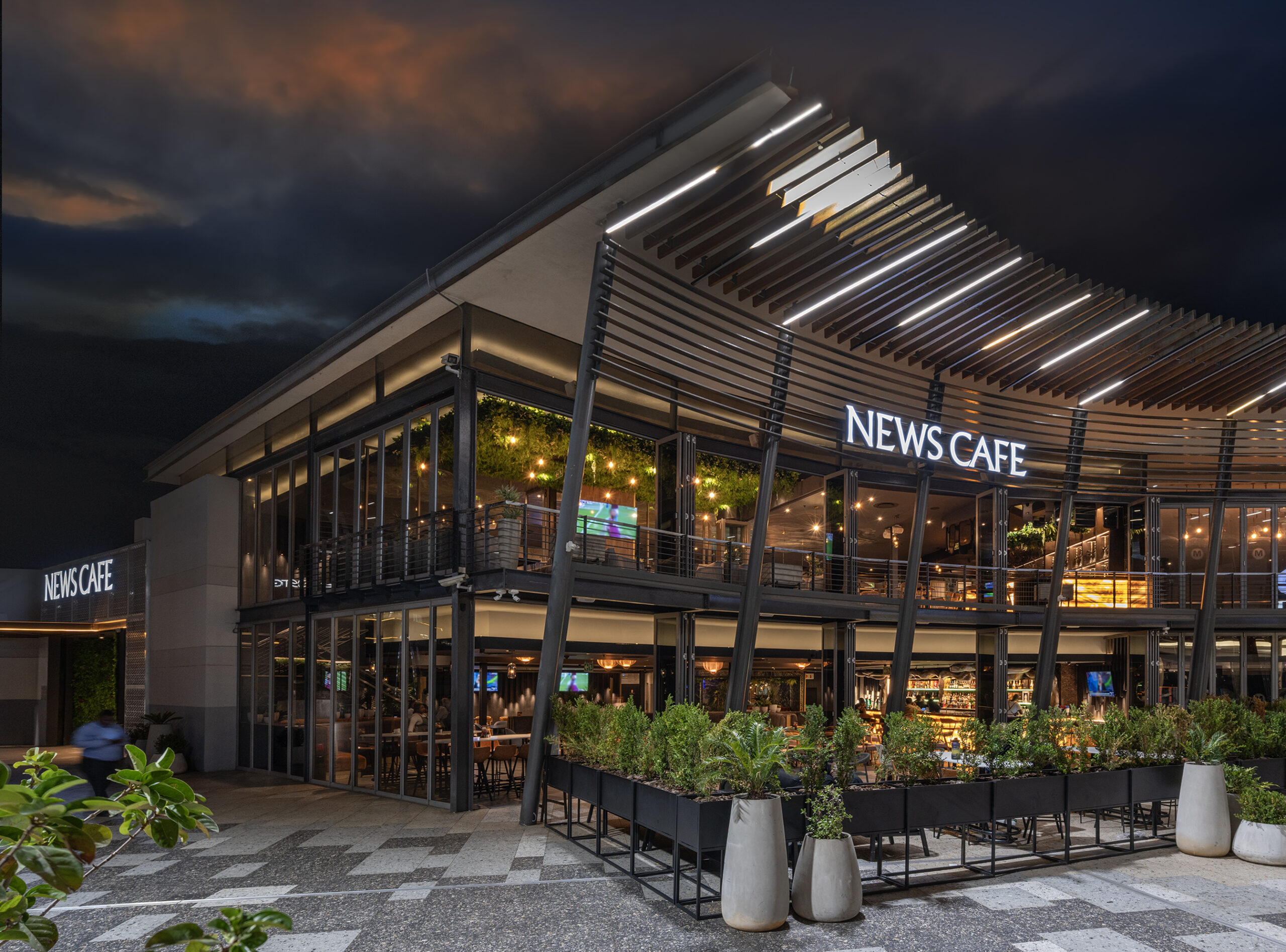
Eid ul-Adha, referred to as the Festival of Sacrifice, is one of the two principal Islamic celebrations observed by Muslims globally, with the other being Eid ul-Fitr.
Eid ul-Adha carries profound spiritual importance, honoring the steadfast faith, devotion, and obedience of the Prophet Ibrahim (Abraham, peace be upon him) to Allah (God).
This festival is celebrated on the 10th day of Dhul-Hijjah, the final month of the Islamic lunar calendar, and typically lasts for up to three days in many countries.
Historical and Religious Background
The roots of Eid ul-Adha can be traced to a significant narrative within the Abrahamic tradition. As per Islamic belief, Prophet Ibrahim received a divine command in a dream from Allah to sacrifice his cherished son, Ismail (Ishmael). Renowned for his piety and dedication, Ibrahim was ready to carry out the command without any reluctance. However, just as he was about to execute the sacrifice, Allah intervened and offered a ram to be sacrificed instead of his son. This occurrence is regarded as a profound test of faith and submission to the will of the divine.
The willingness to obey God, even at significant personal sacrifice, is a fundamental principle of Islamic faith. Eid ul-Adha commemorates not merely the act of sacrifice, but rather the essence of obedience, submission, and trust in God.
Connection to Hajj
Eid ul-Adha occurs simultaneously with the Hajj, the yearly pilgrimage to Makkah (Mecca) in Saudi Arabia. Hajj is one of the Five Pillars of Islam and is mandatory for every Muslim who is physically and financially able to undertake it at least once in their lifetime. The rituals of Hajj commemorate various significant events in the life of the Prophet Ibrahim and his family, especially the narrative of sacrifice. A key ritual of Hajj is the act of Qurbani (sacrifice), which Muslims around the globe also observe during Eid al-Adha.
Rituals and Observances
The observance of Eid al-Adha encompasses various significant religious and social events:
1. Eid Prayer (Salat al-Eid)
On the morning of Eid, Muslims assemble in significant numbers at mosques, open fields, or designated prayer areas to engage in a special prayer. The Eid prayer comprises two rakats (units of prayer) succeeded by a khutbah (sermon). The khutbah frequently highlights the significance of sacrifice, unity, and compassion for the less fortunate.
2. Sacrifice (Qurbani)
The primary ritual of Eid ul-Adha involves the sacrifice of an animal, typically a goat, sheep, cow, or camel, to commemorate Ibrahim’s readiness to sacrifice his son. The animal selected must be in good health and of a specific age, and the slaughtering process is conducted in accordance with Islamic regulations (halal).
The meat from the sacrifice is divided into three parts:
One-third is given to the poor and needy.
One-third is shared with relatives and friends.
One-third is kept for the family.
This act of Qurbani symbolizes the spirit of sharing, gratitude, and caring for the less fortunate.
3. Charity and Giving
Charity is a core element of Eid al-Adha. Muslims are encouraged to give generously to the poor, ensuring that everyone can partake in the joy of the festival. In many communities, special efforts are made to distribute meat and gifts to underprivileged families.
4. Feasting and Social Gatherings
Eid ul-Adha is also a time of celebration and togetherness. Families prepare special meals, often featuring dishes made from the sacrificed animal. Traditional sweets and desserts are also shared. It is customary to visit family, friends, and neighbors, exchange greetings of “Eid Mubarak,” and give gifts, especially to children.
Cultural Diversity in Celebration

While the religious essence of Eid ul-Adha is universal across the Muslim world, how it is celebrated varies by region and culture.
In the Middle East, families often host large feasts with traditional dishes such as kebabs, rice, and lamb stew.
In South Asia, popular Eid dishes include biryani, kebabs, korma, and sheer khurma (a sweet dish made of milk and vermicelli).
In West Africa, communities organize communal prayers and distribute food to the poor.
In Western countries, where Muslims are a minority, community organizations often arrange Eid gatherings, communal prayers in parks, and meat distributions to ensure everyone can participate.
Despite these cultural differences, the core message of the festival—faith, sacrifice, and charity—remains consistent.
Spiritual Significance
Eid ul-Adha is more than just a festival—it is a reminder of the spiritual principles that form the foundation of Islam. It calls on Muslims to:
Strengthen their relationship with Allah.
Practice gratitude and humility.
Show compassion to others, particularly those in need.
Reflect on the meaning of sacrifice, both literal and metaphorical.
In essence, Eid ul-Adha challenges believers to consider what they are willing to give up in the way of righteousness and how they can live more meaningful, faith-driven lives.
Modern Challenges and Adaptations
In today’s world, the celebration of Eid al-Adha comes with its own set of challenges and adaptations. Environmental concerns have prompted discussions about sustainable and humane animal sacrifice. In urban areas, logistical issues often require Muslims to perform sacrifices through authorized slaughterhouses or charity organizations, which then distribute the meat on their behalf.
Additionally, during crises such as the COVID-19 pandemic, many traditional practices, such as large gatherings and communal prayers, were limited or adapted to maintain public health guidelines. These circumstances pushed communities to find new ways to maintain the spirit of Eid through digital gatherings, contactless meat distribution, and online donations.
Conclusion
Eid ul-Adha is a profound and joyous occasion that unites Muslims around the world in faith, reflection, and compassion. Rooted in the powerful story of Prophet Ibrahim’s devotion to Allah, the festival emphasizes the values of obedience, selflessness, and charity. Through its rituals and celebrations, Eid ul-Adha encourages believers to reconnect with their faith, support their communities, and remember the blessings of life.
Whether celebrated in the heart of a bustling Muslim-majority city or a small diaspora community, Eid ul-Adha remains a deeply meaningful observance, inspiring millions to uphold the principles of sacrifice, love, and unity.








